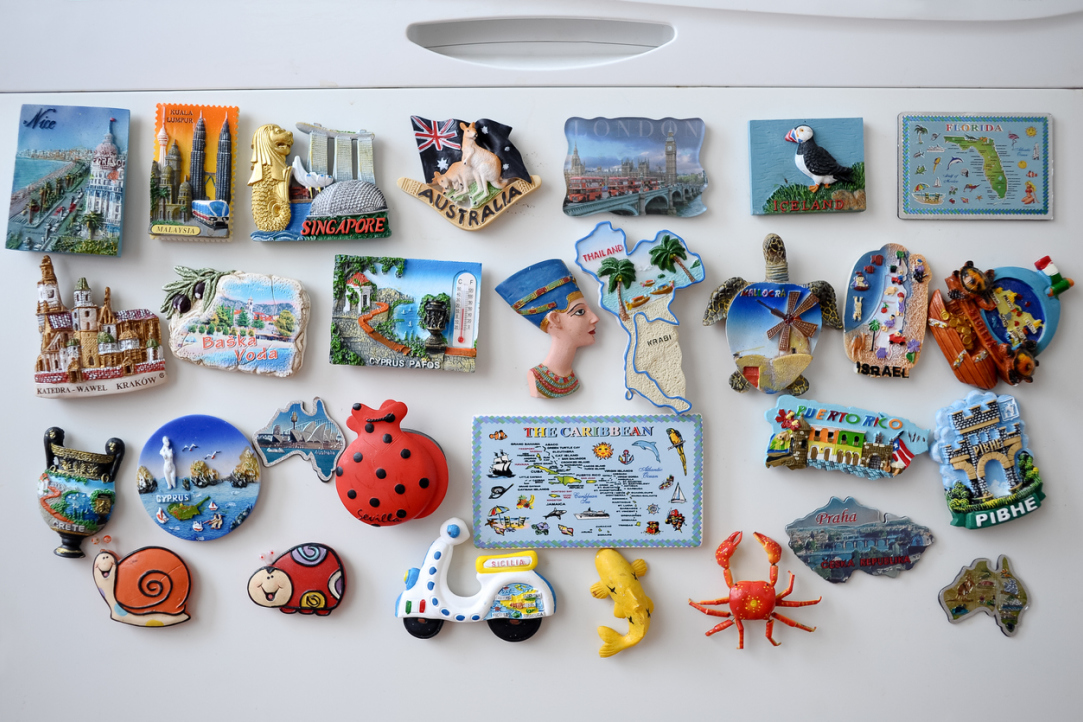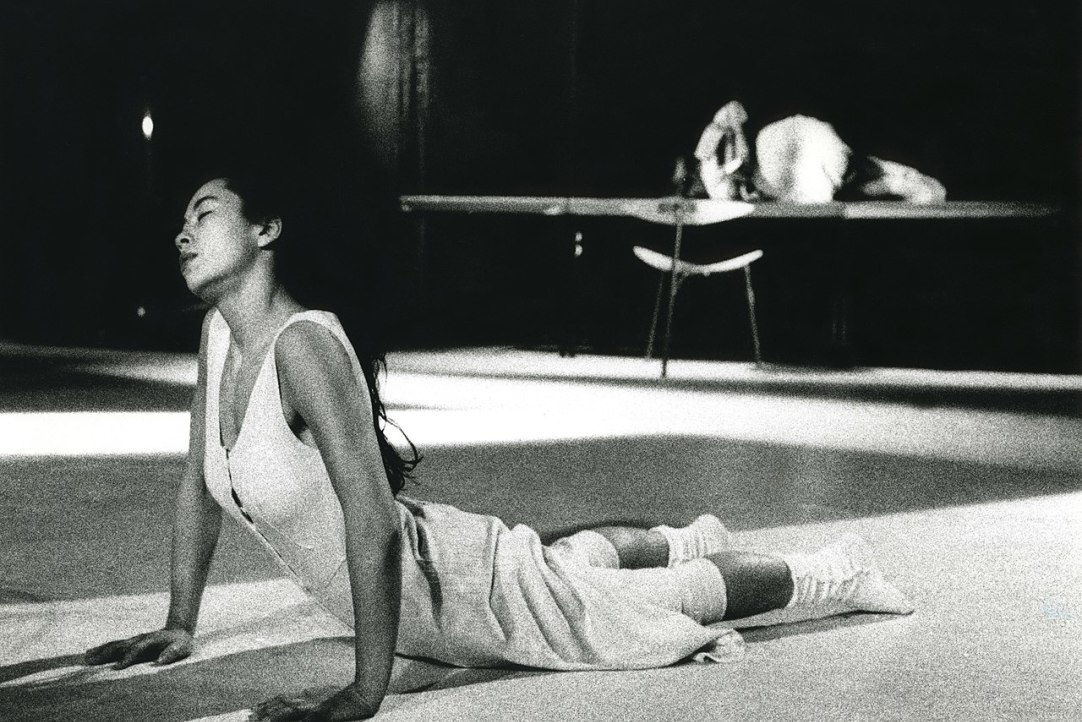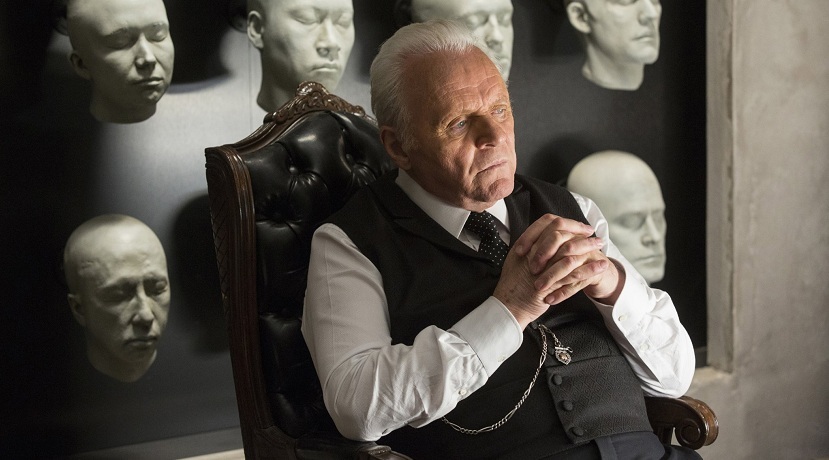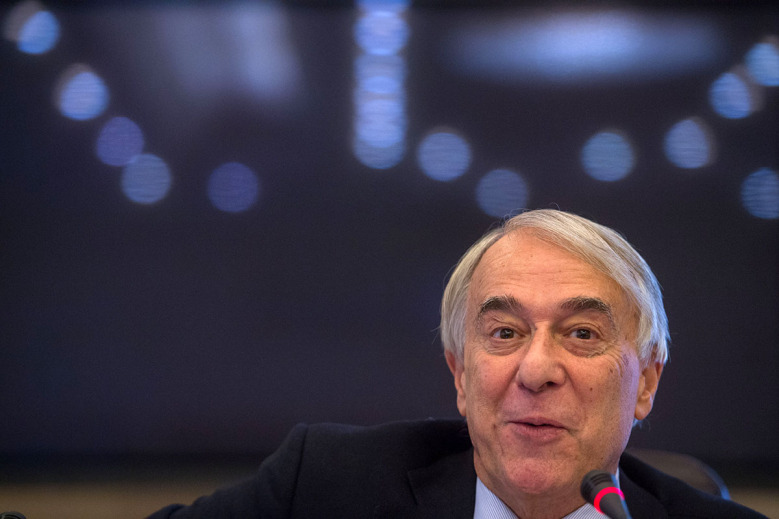
Fashion Designers in a Country of Shortages
Why was there always a shortage of fashionable clothing in the USSR? What was the typical career path for a Soviet fashion designer? Who had power and influence in the socialist fashion industry? HSE Associate Professor Yulia Papushina examined these questions by reconstructing the everyday life of the Perm Fashion House during the late socialism era. Her study is the first to look into the recent history of clothing design and manufacturing in Russian provinces.

The Museum on Your Fridge: Take the Gift Shop Quiz and Find out How Souvenirs Shape St. Petersburg’s Image
Whether it’s a magnet, a bookmark, or a postcard with a picture of a beloved artist – any kind of souvenir influences a museum’s image in the eyes of visitors and is considered to be an important marketing tool. Souvenirs, which tourists bring home as keepsakes of their travels, play an even bigger role in shaping the brand of a city as whole.

Anthropological Pirouette
For a long time, it was mainly art and theatre critics who wrote for a wide audience about dance from a spectator’s perspective. Later, philosophers and ethnographers began to study dance from different angles. But only when people with first-hand experience, i.e. dancers, joined in, did dance and movement studies get off to a real start. Irina Sirotkina explains how dance studies evolved in the 20th century.

The Soviet Film Revolution
The October Revolution created a new cinema. At first, 'the most important of all arts' struggled to keep up with social transformations and was not yet used as a weapon in the fight for a communist culture. But the mid-1920s, an innovative, cutting-edge film industry had emerged from sources such as theatre, street performance, posters, poetry and circus shows. This industry was able to do what the politicians had failed to achieve, namely trigger a world revolution.

Artificial Intelligence Society
Cultural Evolution, a new book by Ronald Inglehart, American sociologist, professor at the University of Michigan and academic supervisor of the HSE Laboratory for Comparative Social Research, is currently being prepared for publication in Russia. Russian readers will be the first to read the prominent scholar's book, as its Russian translation will come out before the American original. The Russian translation of the book has been prepared by the Liberal Mission Foundation and the LCSR.
Urban Intellectuals Preserve Folk Heritage
Even today, ages-old folk culture can serve as a basis for collective identity by bringing together people who share this interest and underlying values, as evidenced by Russia's folk heritage movement. According to Rostislav Kononenko, Senior Lecturer at the HSE's Department of General Sociology, and Evgenia Karpova, Master's student at the HSE, the folk heritage movement in Russia is driven by urban intellectuals working to preserve and promote authentic folk culture.
Evgeniy Anisimov, Tenured Professor at HSE, Awarded by Russian Government
Evgeniy Anisimov, Professor of History and Chief Research Fellow at the Centre for Historical Research (HSE Campus in St. Petersburg), has received the Russian government’s award for 2014 in the field of culture. The award recognizes Anisimov for the International Congress of the Towns and Cities of Peter the Great, a cultural and educational programme in which he serves as academic supervisor.

Mayor of Milan Giuliano Pisapia: 'Be in love with your country, but also love other cultures'
On November 11, the HSE hosted an open lecture by Mayor of Milan Giuliano Pisapia. He talked about the upcoming international exhibition Expo 2015, which will take place in Milan from May-October next year, and about the transformations underway in Milan as an urban environment. He extended an invitation to HSE to take part in Expo Milano 2015, saying that Milan was 'ready to offer a forum for interesting projects' proposed by leading universities.
Conference in St. Petersburg: ‘Cultural and Economic Changes under Cross-national Perspective’
From November 10 to 14, the HSE Laboratory for Comparative Social Research’s (LCSR NRU HSE) 4th International Annual Research Conference ‘Cultural and Economic changes under cross-national perspective’ will take place in St. Petersburg. The programme includes dozens of themed sessions on current social, political and economic problems, and lectures by the world’s leading sociologists.
Cosmopolitanism, Exile and World Literature Today
Galin Tihanov, George Steiner Professor of Comparative Literature at Queen Mary, University of London, will deliver a series of three lectures at the Higher School of Economics this week. His most recent research has been on cosmopolitanism, exile, and transnationalism. Professor Tihanov recently sat down with the HSE news service to speak about his research and teaching interests, including his work on Russian literature.

